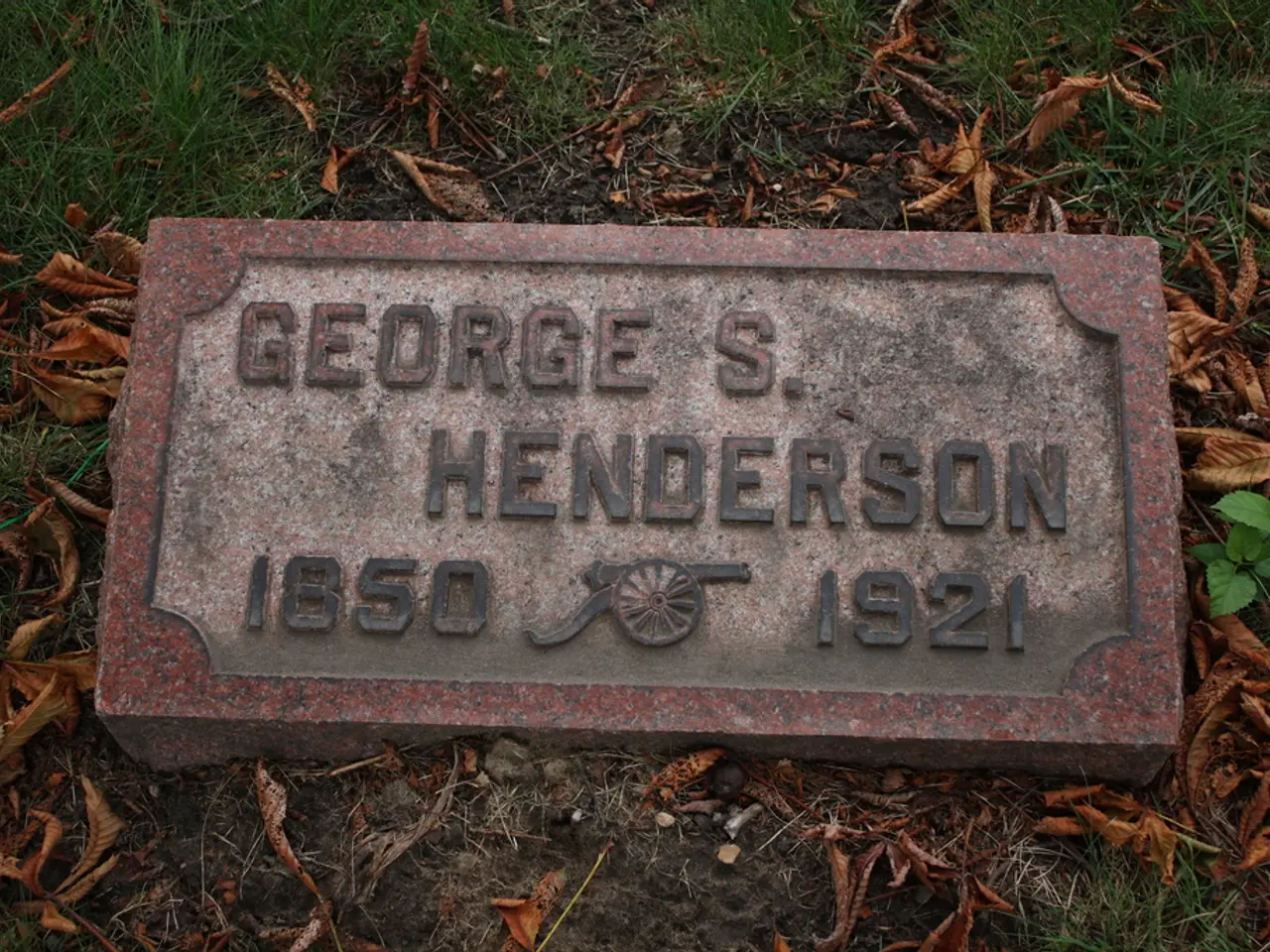Life-Saving Organ Donation Post Mortem - The Potent Legacy of a Lifetime
Organ and tissue donation is a life-saving medical procedure that offers a second chance at life to those suffering from end-stage organ failure or debilitating diseases. This process is managed by organisations such as the United Network for Organ Sharing (UNOS) and involves several key steps.
The journey begins with the identification and evaluation of a potential donor, often someone who has suffered severe brain injury or has been declared brain dead. Two independent doctors must certify death with strict tests. Once death is confirmed, the donor’s medical history, cause of death, and suitability for donation are assessed through medical screening, blood tests, and sometimes psychological evaluation if appropriate.
Hospitals are mandated to notify an organ procurement organization immediately after a death. The organization then checks if the deceased is a registered donor in a donor registry. If registered, the donor’s decision is legally binding. If not registered, the organization approaches the family for authorization to donate.
After authorization, the process of matching the donor’s organs or tissues with recipients is critical. This involves blood type matching, tissue typing, and cross-matching to minimise transplant rejection. Skilled surgical teams then remove the organs and/or tissues for transplantation, requiring specialized equipment and being done promptly to ensure organ viability.
Organs that can be transplanted include the heart, kidneys (most commonly transplanted), liver, lungs, pancreas, intestine, stomach, and thymus. Tissues such as bones, stem cells, blood, tendons, corneas, skin, heart valves, nerves, veins, and others can also be donated.
Organ donation can be made by both deceased and living donors depending on the organ type and medical circumstances. It is important to note that organ donation does not alter the appearance of the donor’s body or delay funeral arrangements. In cases where a death is reported to a coroner, their permission and next-of-kin consent are required before donation proceeds.
Donated organs and tissues are transplanted safely and effectively to patients in need, maximising the gift of life from donors. Recipient identities are kept confidential, but donor families and recipients may correspond with each other if they wish.
Donated blood vessels can be used in various surgical procedures, such as bypass surgeries and reconstructive surgeries. Deceased donation is a crucial source of organs for transplantation, with over 100,000 people in the United States waiting for an organ transplant. Several weeks after the donation, the Organ Procurement Organization sends the donor family a letter with information about which organs were transplanted.
Organ donation is a selfless act that can save and improve the lives of others. By registering as an organ donor, you can leave a lasting legacy and give hope to those in need. The donor's body is prepared according to the family’s wishes after organ recovery, and open funerals are still possible even after organ donation.
Corneal transplants can restore vision in individuals with corneal damage or disease, while donated heart valves can be used in heart surgeries to replace damaged or diseased valves. Bone tissue can be used for reconstructive surgeries and joint replacement. Donated organs and tissues transform the future of recipients and bring comfort and a legacy to the families of donors.
References: [1] United Network for Organ Sharing (UNOS). (n.d.). The Organ Procurement and Transplantation Network (OPTN). Retrieved from https://optn.transplant.hrsa.gov/ [2] Organ Donation and Transplantation. (n.d.). Retrieved from https://www.nhs.uk/conditions/organ-donation-and-transplantation/ [3] National Organ Transplantation Act of 1984. (1984). Retrieved from https://www.govinfo.gov/content/pkg/STATUTE-98/pdf/STATUTE-98-Pg1092.pdf [4] The Donor Family Experience. (n.d.). Retrieved from https://www.donatelife.net/family-experience/ [5] Donate Life America. (n.d.). Frequently Asked Questions. Retrieved from https://www.donatelife.net/faqs/
The importance of medical screening, blood tests, and psychological evaluation is crucial in determining a potential donor's suitability for organ donation, given their medical history and cause of death. Crafted from the tradition of selflessness, organ donation not only transforms the future of recipients but also brings a lasting legacy and comfort to the families of donors.




